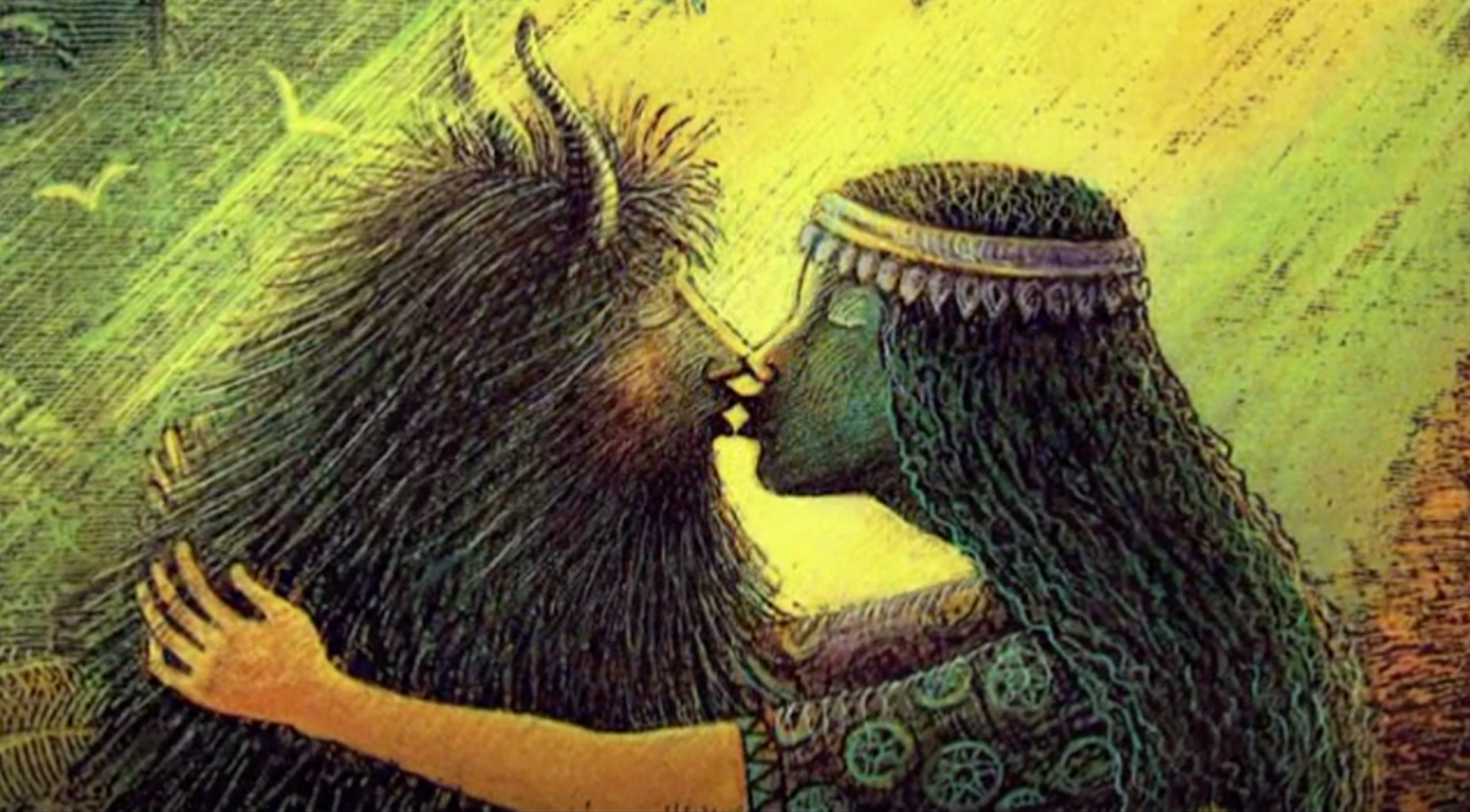Many similarities to the Biblical account of Noah’s ark and the great flood are found in the epic of Gilgamesh, the king of Uruk. This epic predates the epics of Homer by 1500 years and is, in the eyes of many scholars, the first major contribution to world literature. Composed about 2000 B.C., the epic tells of the Great Flood in the following words:
For six days and six nights the winds blew, torrent and tempest and flood overwhelmed the world, tempest and flood raged together like warring hosts. When the seventh day dawned the storm from the south subsided, the sea grew calm, the flood was stilled; I looked at the face of the world and there was silence, all mankind was turned to clay. The surface of the sea stretched as flat as a roof-top; I opened a hatch and the light fell on my face. Then I bowed low, I sat down and I wept, the tears streamed down my face, for on every side was the waste of water. I looked for land in vain, but fourteen leagues distant there appeared a mountain, and there the boat grounded; on the mountain of Nissc she held fast and did not budge.
A third day, and a fourth day, she held fast on the mountain and did not budge; a fifth day and a sixth day she held fast on the mountain. When the seventh day dawned, I loosed a dove and we let her go. She flew away, but finding no resting-place she returned. Then I loosed a swallow, and she flew away, but finding no resting-place she returned. I loosed a raven, she saw that the water had retreated, she ate, she flew around, she cawed, and she did not come back. Then I threw everything open to the four winds, I made a sacrifice and poured out a libation on the mountain top. Seven and again seven cauldrons I set up on their stands, I heaped on wood and cane and cedar and myrtle. When the gods smelled the sweet savour, they gathered like flies over the sacrifice. Then at last, Ishtar also came.

